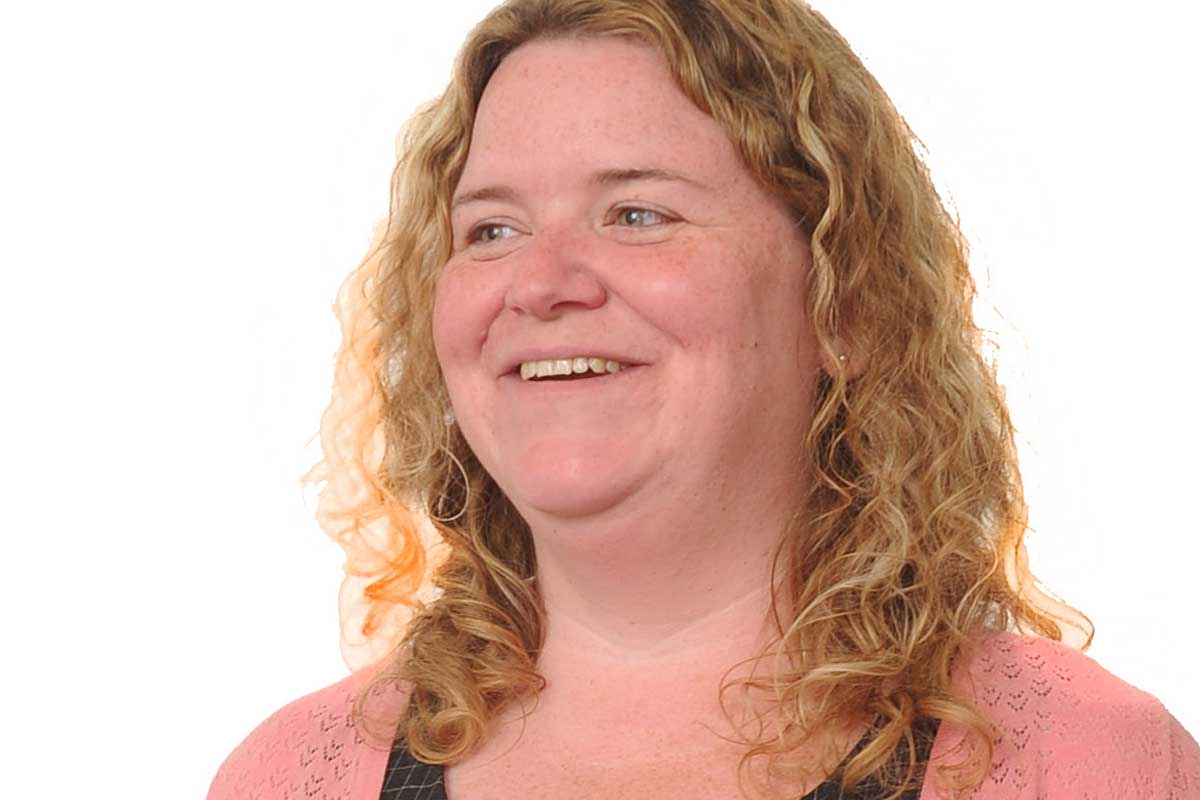RPs can capitalise on renewed social care focus
Rachel Gwynne explains the funding and structuring issues facing registered providers, particularly those that deliver social care
The recent release of the Local Government Association’s green paper on adult social care in the UK has highlighted a significant funding shortfall. However, while this is deeply concerning, it is only part of the problem. The lack of suitable, affordable housing across the country appears to have not been addressed, so now the ball is back in registered providers’ court, who must make every effort to ensure their internal structures and funding strategies position them for success.
Perhaps one of the biggest challenges currently facing RPs – and one that has the potential to seriously hamper their ability to grow their portfolio of appropriate housing stock to address the adult social care crisis – is being able to obtain sufficient and appropriate funding. Investors still consider retirement housing to be of higher risk compared to other types of housing such as student accommodation and private rented schemes.
However, the variety of funders is expanding and RPs now have a wider audience of interested parties than ever before. Knowing how to tap into these individuals and organisations is key. A number of new players have entered the market in recent years, including large insurance houses, pensions companies and banks from further afield including the United States and East Asia. While these organisations would not traditionally have been recognised as funders for the social housing space, their increasingly diversified activities offer opportunities for RPs who wish to look off the beaten track when seeking financial support.
In order to capitalise on these opportunities, RPs need to ensure their asset portfolios are structured as efficiently as possible. Traditionally, RPs generally only consider asset cover requirements when new funding is being put in place. However, it can be beneficial to manage current funding relationships much more closely to ensure assets are not tied up for longer than necessary. Building closer relationships with funders can assist in releasing assets from security when they are no longer required, freeing them up to be utilised for other streams of funding.
In addition, RPs can benefit from having security trustee arrangements in place which can enable unsecured assets to be put into charge much more quickly. This can allow RPs to be flexible and responsive, and capitalise on new funding opportunities more rapidly.
When it comes to adult social care, there is no such thing as a ‘typical older person’. Rather there is a diverse and vibrant mix of people requiring choice and solutions that are flexible and adapt to their changing needs over time. This includes being offered a range of tenure options and greater variety in development in terms of size and location.
All of this means RPs also need to review their current legal structures and governance arrangements to ensure they are structured for success. This includes considering whether their structures are effective operating models that provide maximum flexibility to deliver now, as well as capitalise on future opportunities. RPs need to ensure they are both structured and governed in a way that continues to deliver existing activities while opening the door to new and bold approaches to development, and that they are attractive to traditional and non-traditional funders and investors alike.
RPs will need to consider their own aims and objectives to ensure they are structured appropriately. For example, some RPs may find that setting up unregistered exempt charitable entities through which to run affordable developments is appropriate. This can offer greater rent-setting flexibility and control while protecting fundamental values through the exempt charitable status.
Alternatively, for those RPs looking at collaborative working with other stakeholders and local authorities as a way of delivering a wider range of schemes that are suitable for such a broad and diverse demographic, operating models like joint ventures and partnerships might be more appropriate.
It is also vital for RPs to consider whether they have the right depth and breadth of in-house expertise to support the changes. Strong leadership is obviously important, but boards increasingly need access to experienced individuals who understand how to use different delivery vehicles to optimise profits and are able to assess different and more diverse risks. It is essential to review internal governance arrangements to ensure new structures, activities and funding can be managed appropriately and resources shared effectively.
It is encouraging that there is a renewed focus across the country on social care, and it seems like a long-neglected area is finally getting the attention it deserves. While housing was not explicitly mentioned in the LGA’s recent green paper, it appears that the sector must make steps itself to grow and thrive. For RPs, this revolves around truly understanding their asset bases, keeping close to funders and spotting opportunities for creative funding solutions.
There is a wealth of talent and expertise in the sector and RPs have the tools to be successful. Financial prudence, thinking outside the box and cross-sector collaboration will become all the more important over the coming months and years.
Rachel Gwynne, head of social housing, Shakespeare Martineau
RELATED






